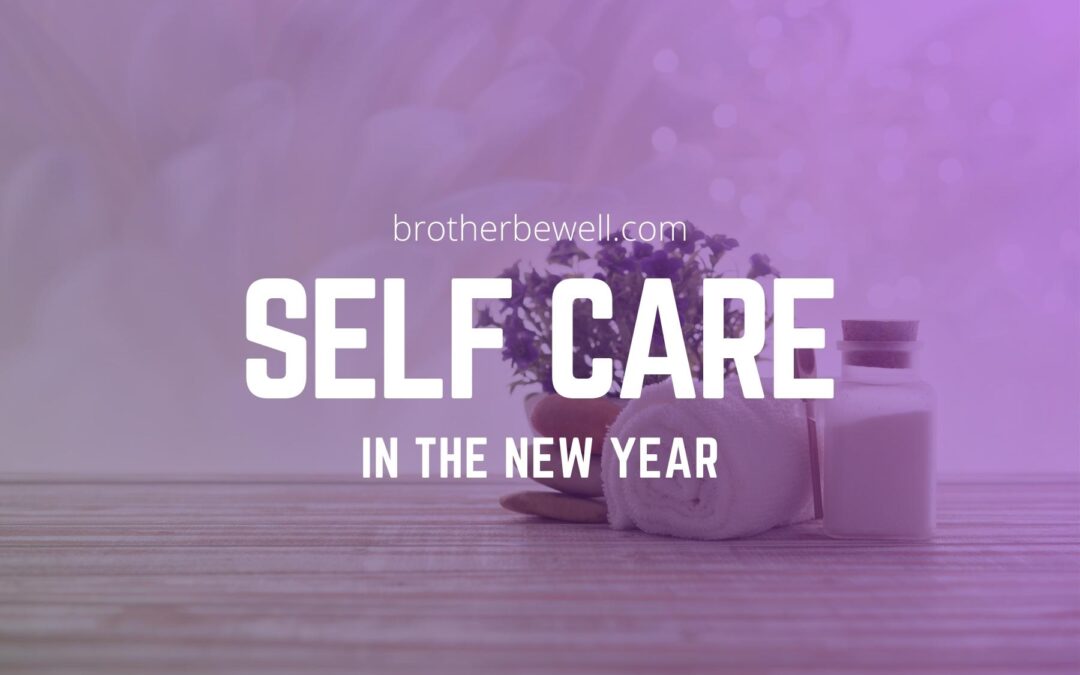As we begin the New Year, we may consider making self-care resolutions. So often, we’re left behind by our busy schedules and caring for others, so placing a priority on oneself is one of the keys to wellness with lasting benefits.
Set Values-Based Goals
One of the biggest challenges with resolutions is they tend to be absolute and lofty. This can lead to feelings of failure. Set yourself up for success with values-based goals and measurable benchmarks. For example, if your values-based goal is better health, commit to one vegetarian meal each week and 30-minutes of activity three times per week.
Make Habits, Not Resolutions
When you slowly introduce a new habit, it is easier to maintain change. So, commit to making self-care habits. Research shows it takes an average of 66-days to form a new habit, which is more easily attainable when paired with something you already do. For example, if you want to start practicing daily meditation, pair it with another daily activity – perhaps an end of the workday wind-down, to clear your mind.
Practice Self-Compassion
Many people devote mental space and time to self-imposed high-expectations, self-defeating thoughts, and self-criticism, when they are inevitably imperfect. Improve self-care by improving your thoughts. Make expectations reasonable and in line with what you really want. Give yourself encouragement and self-compassion just like you would do for a good friend.
Treat Yourself Well
Everyone has basic needs including food, water, sleep, and shelter. Attend to your needs as a part of your self-care. Beyond that, people need quality alone time, connection to others, and a sense of self-accomplishment. Keep these in balance. Pay attention to what you need, and assert your needs for work-life balance as part of your self-care plan.
Be Present with Mindfulness
No matter what new self-care habits you aim to develop, the best self-care comes from being mentally present. Research shows many people miss out on life by being more focused on their thoughts (and worries) than the world around them. Research also shows mindfulness practices, such as meditation, can help you to be more present and happier in your life.
References: Self-Care in the New Year
Brown, K. W., & Ryan, R. M. The benefits of being present: Mindfulness and its role in psychological well-being. Journal of Personality and Social Psychology. 2003. 84(4): 822-848.
Lally P., et al. How are habits formed: Modelling habit formation in the real world. European Journal of Social Psychology. 2010. 40: 998–1009.
By Laura Graves, PhD



